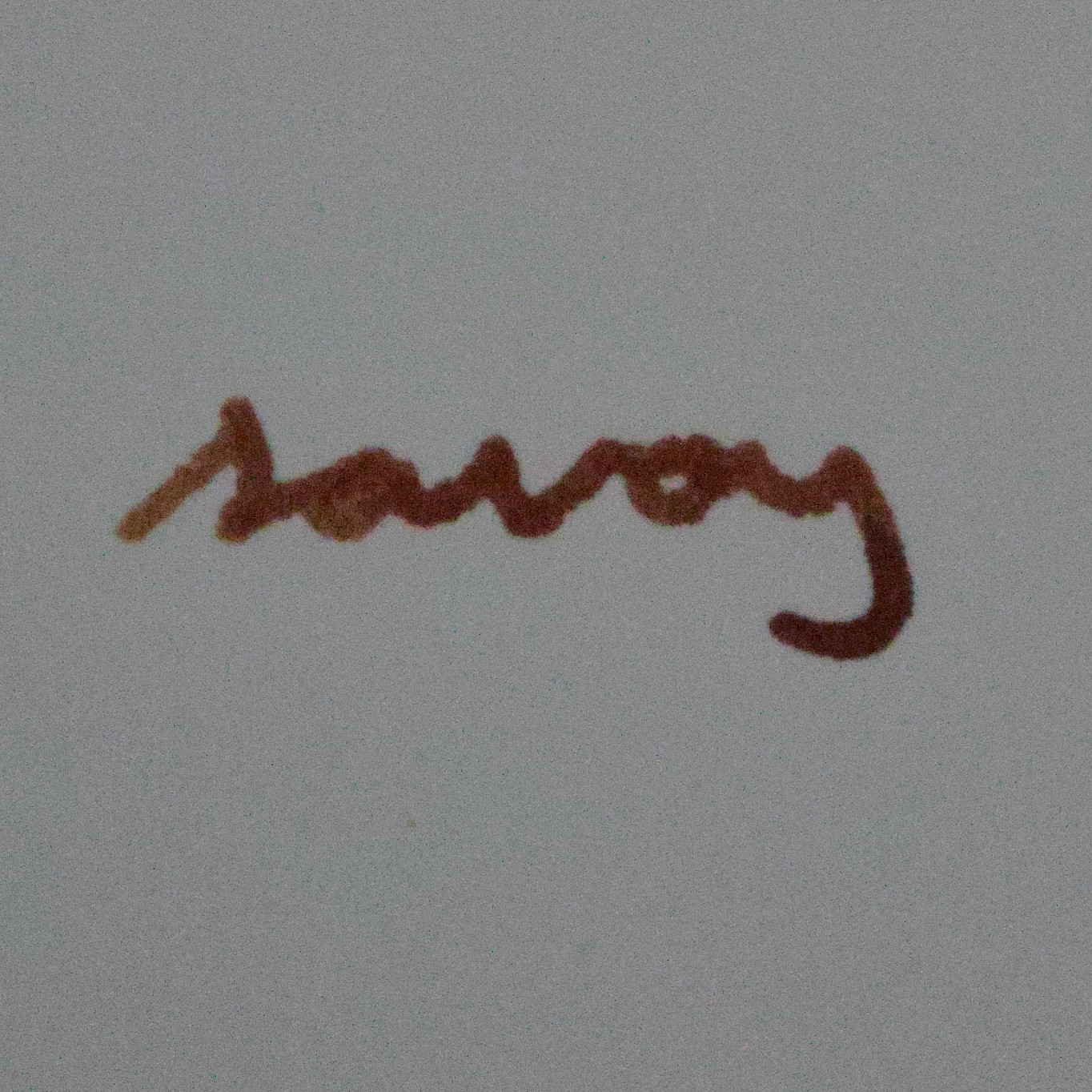For anyone that doesn’t know, rustlings is a “project [which] contains small exercises to get you used to reading and writing Rust code. This includes reading and responding to compiler messages!”
I’m going to help someone with learning Python. After we go through Automate The Boring Stuff With Python, I was hoping we could work through something similar to rustlings, as it’s really an incredible set of exercises that helped me immensely.
If there isn’t, I might look into creating something similar that follows along with Python 3 tutorial, as that covers a good chunk of the language and would also expect a basic grasp of Python and programming concepts.
Is rustlings good? I’ve been hurt before by exercism.io (i thought it was garbage) and since then I’ve never tried these excercise based approaches to learning languages.
You definitely should read the rust book prior to doing them, as it hinges on that knowledge or at least programming experience. But the exercises are great, and it does a good job of giving you hands-on experience of messing up and having to fix things by reading the compiler hints.
As a non-professional with only Python experience, the book is great but rustlings moved me to the point to where I felt more comfortable actually navigating Rust code.
I have read two rust books including the one you mentioned but I still struggle.
Rust is tricky, and I’m also nowhere near proficient. I’ve only more recently started getting my head around borrowing without the compiler yelling at me every time, and lifetimes are still scary and I can’t do anything with them!
I looked into it mostly because the language seemed interesting and the syntax, while fairly different, looked similar to Python in ways that made sense to me (especially compared to something like Go which I honestly hate looking at). Mixing a fast compiled language with Python also looked a good mix, and the ease of making Python modules in Rust with
pyo3pushed me over.I’d definitely recommend the exercises though as on my first book read, I thought I understood but quickly found out I didn’t. I’ve read the book like 3 times and done rustlings twice, and it wasn’t until the last time where I felt comfortable though to write something in Rust. Now to keep pushing I’m rewriting core parts of the software I began writing for work in Rust as a lot of the code is old from when I was first learning Python; it helped me grasp that language much more in depth, so I hope it does the same for Rust.

